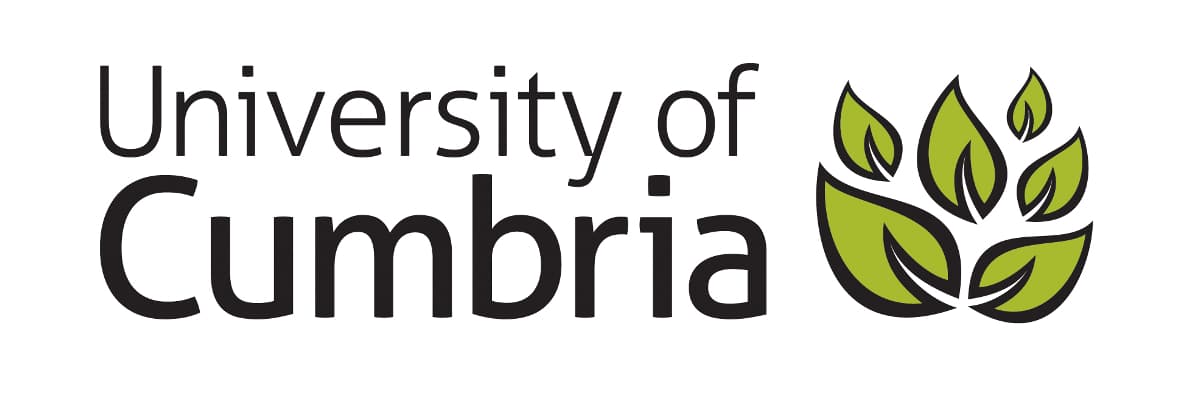Introduction
This section of your Maternity Resource Hub serves as a valuable resource for healthcare professionals, sharing essential maternity training requirements mapped to the national and local priorities. We work as a collective to complete local training needs analysis, supporting each of our four maternity unit practice development teams to provide quality-assured essential maternity care training. As a System, we recognise the need for comprehensive training in areas such as professional values, communication, assessment and care planning, clinical skills, leadership, and teamwork.
By ensuring all healthcare professionals, in our System, are well-equipped with the necessary skills and knowledge, we aim to deliver exceptional maternity care that meets the unique needs of our community.

The national maternity team are in the process of developing a national training needs analysis, that can be used by all local maternity units, across NHS England. As soon as this becomes available, we will add links in his section of your Maternity Resource Hub.
Access your Essential Maternity Training
Personal Development Plan interactive document
Essential Maternity Training Needs Overview
Take a look through the range of competency areas and suggested training needs aligned to each competency:
Competency Area 1: Professional Values and Behaviours
This competency area encompasses the professional values and behaviours that are essential for midwives and maternity care providers to deliver high-quality care. Training needs in this area may include:
- Training on ethical and legal issues related to midwifery and maternity care.
- Training on professional conduct and behaviour, including communication skills and conflict resolution.
- Training on cultural competence and the provision of person-centred care.
Competency Area 2: Communication
Effective communication is critical for ensuring that mothers and their families receive the support and care they need during pregnancy, childbirth, and the postnatal period. Training needs in this area may include:
- Training on effective communication skills, including active listening, empathy, and nonverbal communication.
- Training on communication strategies for working with mothers who may have different communication needs or preferences, such as those who speak a different language or who have hearing or visual impairments.
- Training on communication strategies for working with families, including partners and other support persons.
Competency Area 3: Assessment and Care Planning
Midwives and maternity care providers must be skilled in conducting assessments and developing care plans that meet the individual needs of each mother and baby. Training needs in this area may include:
- Training on antenatal and postnatal assessments, including physical examinations and medical history taking.
- Training on developing individualized care plans that take into account the needs and preferences of each mother and baby.
- Training on identifying and managing risk factors and complications, including emergency situations.
Competency Area 4: Clinical Skills
Midwives and maternity care providers must be skilled in a range of clinical skills to provide high-quality care during pregnancy, childbirth, and the postnatal period. Training needs in this area may include:
- Training on safe and effective medication management, including administration and dosage calculation.
- Training on techniques for monitoring fetal well-being, including electronic fetal monitoring.
- Training on techniques for managing pain during labor and childbirth, including non-pharmacological and pharmacological interventions.
Competency Area 5: Leadership and Teamwork
Midwives and maternity care providers must work collaboratively with other healthcare professionals to ensure the best possible outcomes for mothers and babies. Training needs in this area may include:
- Training on leadership skills, including effective delegation, decision-making, and conflict resolution.
- Training on working collaboratively with other healthcare professionals, including obstetricians, pediatricians, and nurses.
- Training on effective teamwork and communication strategies for working in a multidisciplinary team.
Training need actions from recent English National Maternity Reviews
The recent English national maternity reviews, including the Ockenden, East Kent, and Kirkup reports, have highlighted several training requirements for midwives and maternity care providers in England. These reports have identified the need for:
- Training on clinical skills and knowledge, particularly around identifying and managing risk factors and complications during pregnancy, childbirth, and the postnatal period.
- Training on effective communication with mothers and their families, including active listening, empathy, and cultural competence.
- Training on leadership and teamwork, including effective communication strategies for working in a multidisciplinary team and effective delegation, decision-making, and conflict resolution.
- Training on recognising and addressing bullying and harassment within the workplace, and creating a culture of respect and support for all staff members.
- Training on quality improvement and safety practices, including incident reporting and learning from adverse events.
Maternity Reviews
Better Births National Maternity Review 2016 – https://www.england.nhs.uk/wp-content/uploads/2016/02/national-maternity-review-report.pdf
Ockenden Report 2022 – https://www.ockendenmaternityreview.org.uk/wp-content/uploads/2022/03/FINAL_INDEPENDENT_MATERNITY_REVIEW_OF_MATERNITY_SERVICES_REPORT.pdf
Kirkup report 2022 https://www.gov.uk/government/publications/maternity-and-neonatal-services-in-east-kent-reading-the-signals-report
Overall, the recent national maternity reviews have emphasised the importance of continuous training and professional development for midwives and maternity care providers, to ensure that they have the skills and knowledge necessary to provide safe, high-quality care to mothers and babies.
Single Delivery Plan Training Actions
The NHS maternity and neonatal 3-year single delivery plan is a comprehensive document that outlines the vision and priorities for maternity and neonatal care in England from 2021 to 2024. The plan includes several key training requirements for midwives and maternity care providers, including:
- Continual professional development and training opportunities for midwives and maternity care providers to improve their skills and knowledge.
- Training on digital health and technology, including the use of electronic health records, telemedicine, and mobile health apps.
- Training on cultural safety and the provision of person-centered care, including training on addressing health inequalities and supporting diverse populations.
- Training on the implementation of the Better Births and Saving Babies’ Lives care bundles, including training on the use of data to drive improvement and the identification and management of risk factors.
- Training on the prevention and management of perinatal mental health conditions, including training on screening and referral pathways.
- Training on maternal and neonatal safety, including training on the management of obstetric emergencies and the implementation of the National Patient Safety Improvement Program.
Overall, the NHS maternity and neonatal 3-year single delivery plan emphasizes the importance of training and professional development for midwives and maternity care providers to improve the quality and safety of care provided to mothers and babies in England. The plan includes specific training requirements to address key priorities, including digital health, cultural competence, and maternal and neonatal safety.
Single Delivery Plan
https://www.england.nhs.uk/publication/three-year-delivery-plan-for-maternity-and-neonatal-services/
Welcome to the Lancashire and South Cumbria Local Maternity and Neonatal System’s Essential Maternity Training Personal Training Plan interactive document. We understand the importance of continuous professional development for midwives, maternity and perinatal medics, maternity support workers, and students in providing exceptional care to mothers and their babies. This interactive document serves as a valuable tool for mapping your essential maternity and neonatal care training needs, setting goals, and defining objectives.
Whether you are looking to enhance your communication skills, expand your knowledge in clinical areas, or develop leadership abilities within the maternity care setting, this document will guide you through the process. It allows you to identify areas for growth, create personalized training plans, and track your progress over time.
We encourage you to take full advantage of this resource to enhance your skills and knowledge, ensuring that you provide the highest standard of care to the women and families in our community. By mapping your training needs, setting clear goals, and working towards achieving them, you will contribute to the continuous improvement of maternity and neonatal care in Lancashire and South Cumbria.
Core Competency Framework
News & updates

New dads can download DadPad for advice and support

Maternity and Neonatal Bulletin – 25 July 2023



